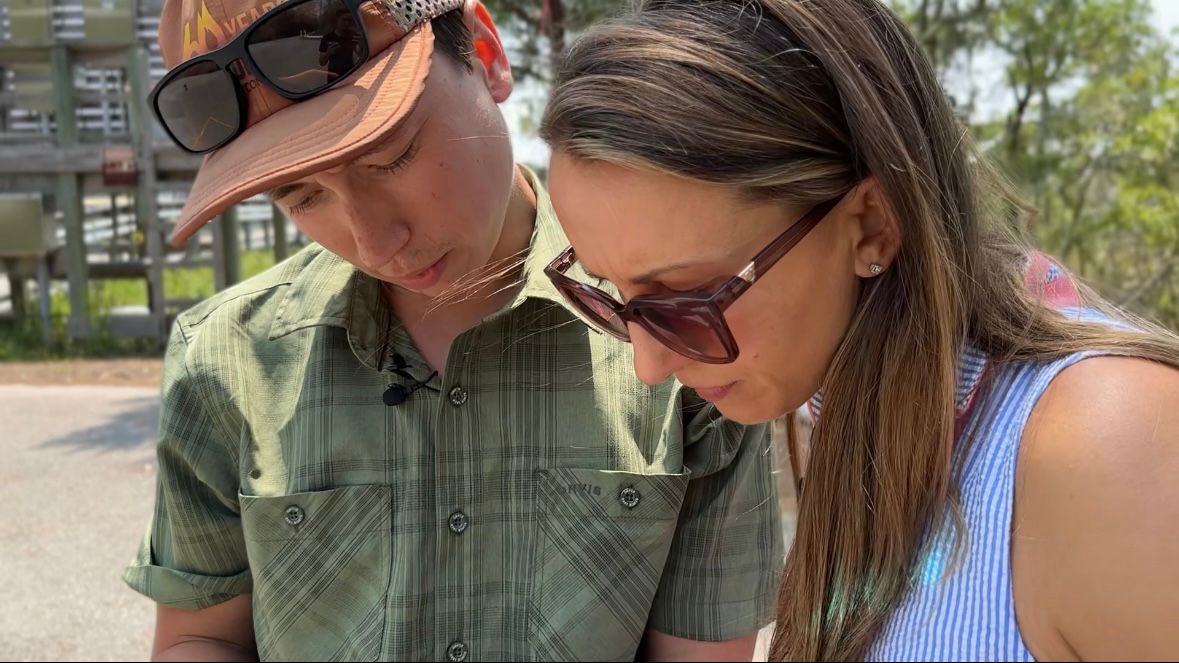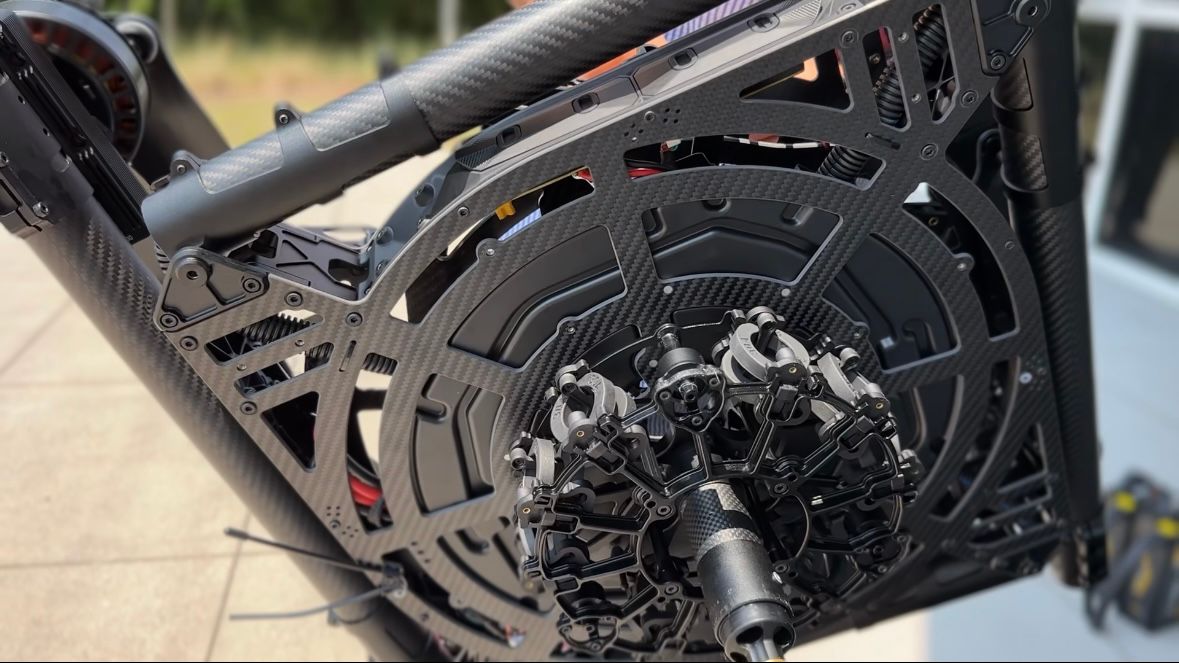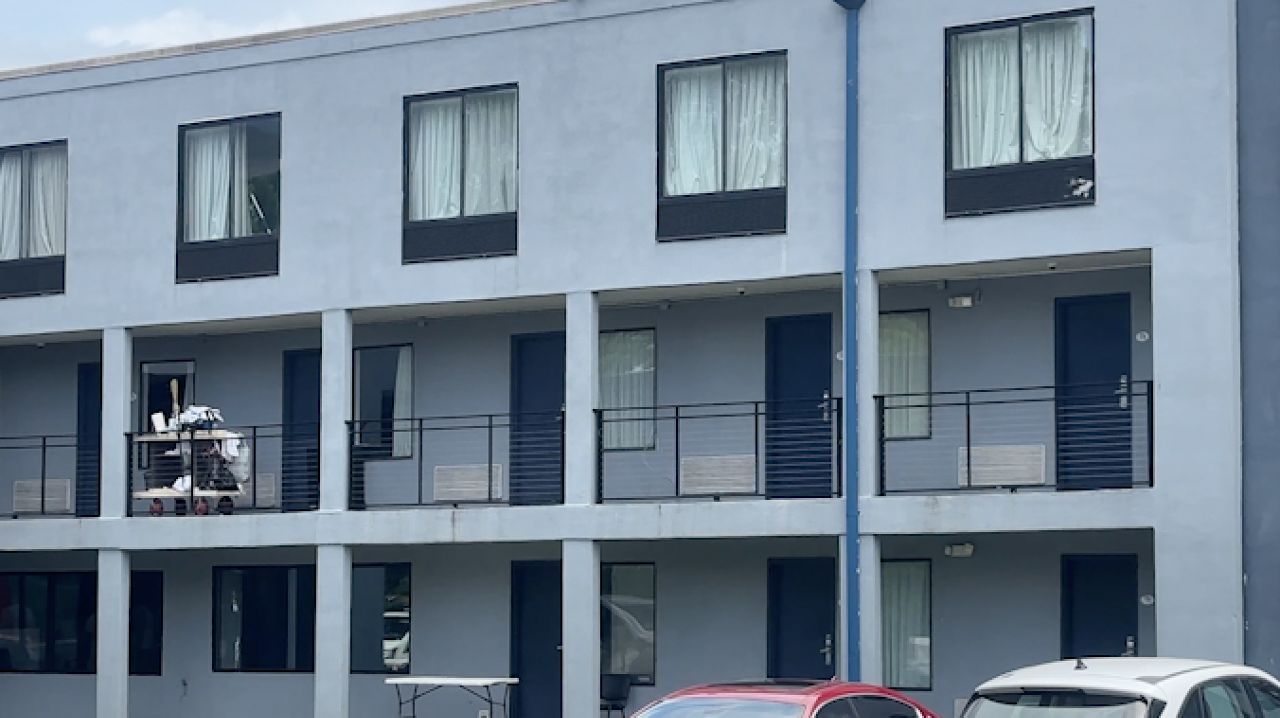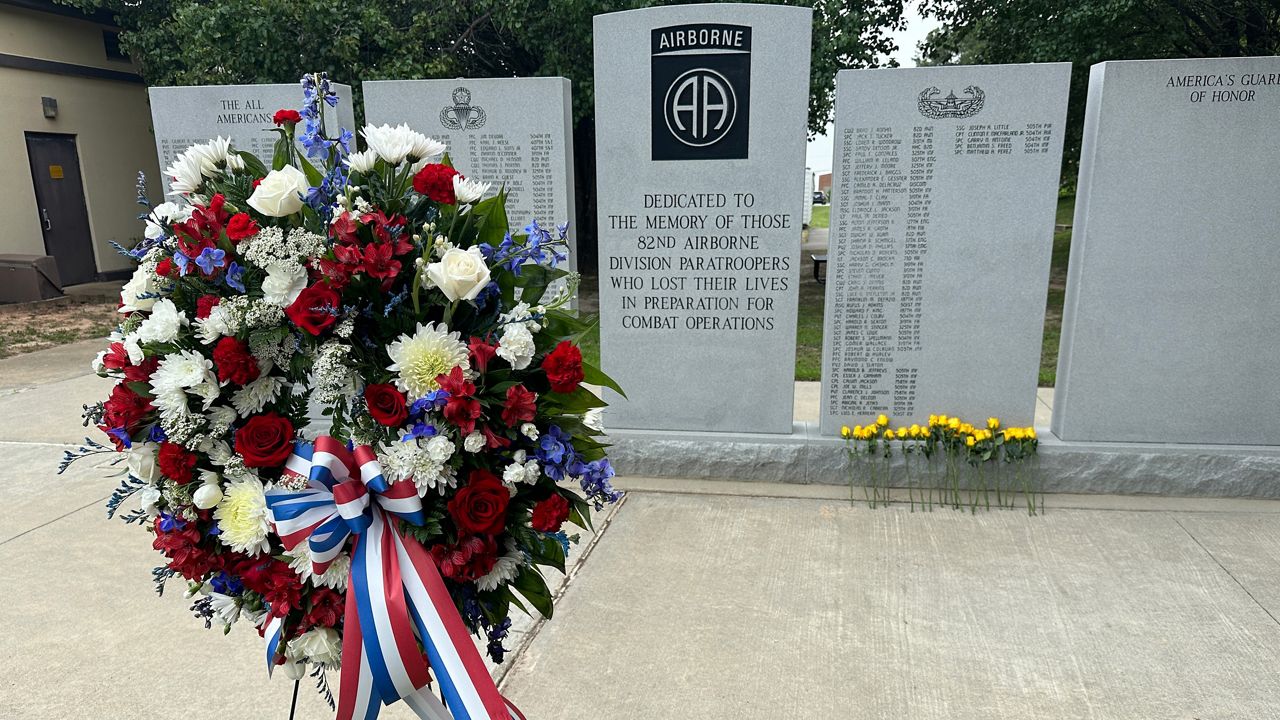WILMINGTON, N.C. – North Carolina’s only drone observatory means new high-tech toys and new possibilities at UNC Wilmington's Center for Marine Science.
The Center for Marine Science at UNCW is now home to the only drone observatory in the southeastern United States. The lab is designed to be a place researchers and government agencies can come to use unmanned aircraft systems that have the capacity to revolutionize numerous industries.

“So we're not only collecting data for research, we're collecting data that makes an impact on our livelihoods and on our lives every day,” Narcisa Pricope, the director of the UAS Observatory, said.
A grant from the National Science Foundation funded the lab and the equipment in it. They already have interest from local, state and federal agencies like the Department of Transportation and private industries in using some of the data they are now able to collect.
“We have about 50% of our population, of this country, living within a couple of miles of the coast,” Pricope said. “By understanding where we are most vulnerable and where we need to be putting our resources and focusing on."
"We can be saving millions of dollars and we can be saving lives and we can be saving property and infrastructure all while doing data collection for scientific purposes,” she said.

Pricope said data collected with drones can apply to wetland health and coastal environments, but also things like construction and infrastructure. Both the anthropology and archeology departments at UNCW are coordinating research through the lab.
“Now with this instrumentation available, we can really push the boundaries of our science in a lot of different fields, not only the fields that are pertaining to coastal environments,” Dr. Pricope said.
She said the observatory has been ten months in the making and is finally operational. Although many of their drones and sensors cost a pretty penny, she said they’re capable of replacing multimillion dollar equipment like airplanes at a fraction of the cost.
“We've been able to miniaturize sensors that would normally fly on airplanes or even on satellites and put them on these on these uncrewed aerial systems — on these drones — and do applications in science that had never been possible before,” Pricope said.






)


